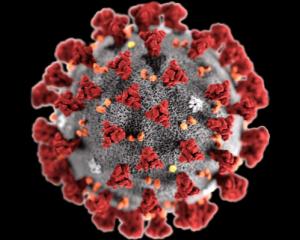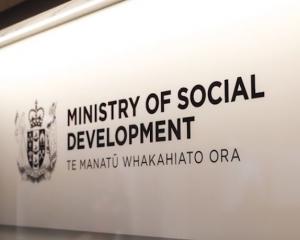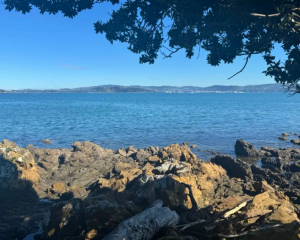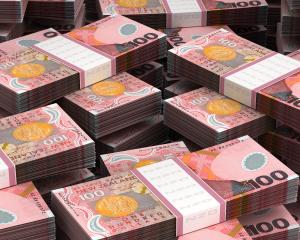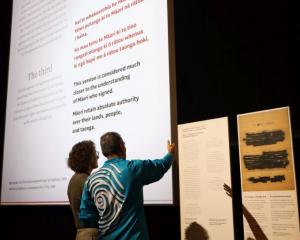
No New Zealanders have been hurt or killed in terror attacks in Paris, Prime Minister John Key has confirmed this afternoon.
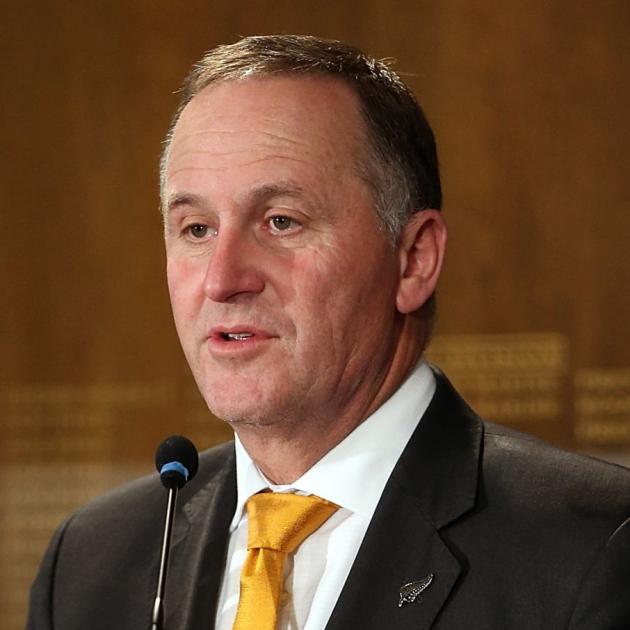
At least 120 people died in the attacks involving gunfire and explosives on Friday night (local time). The death toll is expected to rise and a number of people are seriously wounded.
At least six locations were targeted during the attacks: The Bataclan Concert Hall, the Le Petit Cambodge restaurant, Le Carillon bar, 90 Rue Charonne, the Stade de France stadium, and reportedly at Les Halles shopping mall.
The attacks are some of the most deadly in decades and have come just months after 11 were killed at the satirical Charlie Hebdo magazine earlier this year.
"The advice we've had from the French Foreign Ministry is that there are no New Zealanders that have been killed or injured as a result of the terror attacks," Mr Key told reporters today at a news conference in Hanoi, Vietnam.
"So that's obviously very, very good news. But our hearts go out to those families who have been so badly affected."
Mr Key spoke to the New Zealand ambassador in Paris, James Kember, to express his "deep concern" and asked him to pass his message on to the French Government.
The Prime Minister said the world was watching France to see what actions it could take to find out who was responsible for the attacks.
"I know ISIS has claimed responsibility but these people don't act alone. The networks that have supported them in their terror attacks will be the next step."
He said it would be very important in a large city like Paris to restore confidence as quickly as possible. That confidence would only come back when residents knew the terror cells had been broken and any suspects arrested.
Mr Key's daughter Stephanie lives in Paris. He said he spoke to her last night. At the time of the terror events, she was in a shopping mall and was not close to any of the attacks.
"I think it's fair to say that they're all feeling pretty heavily shaken by what's taken place. It's a frightening experience."
She had originally planned to go to a movie theatre near where one of the attacks occurred.
"It's fortuitous," Mr Key said. "I care deeply about her as her father, but in reality my thoughts are obviously with those who have been directly affected."
She had told him that aside from the Stade de France, all of the spots that were hit were popular with locals but not tourists.
"So it's quite a well-planned attack by these people."
Mr Key had told his daughter to be careful and sensible, but had not told her to return in case she created a security risk for New Zealand.
The Ministry of Foreign Affairs and Trade (MFAT) has changed its travel advisory for Paris, telling travellers only to head there if they had urgent business.
"But ... it's a very big city ... and a gateway point into Europe and I would expect that New Zealanders relatively quickly will want to get back to business as normal," Mr Key said.
Kiwis in Paris
New Zealander Vaughan Webb was at Stade de France with his 10-year-old son watching the match between france and Germany.
"It was actually a birthday present for my son for his tenth birthday. It was a friendly match... a good one for families to go to."
Mr Webb didn't realise at the time, but he came close to the scene where one of the bombs was set off.
"The bomb was let off at Porte [gate] J, which is where we went through, it was exactly where I was."
Mr Webb, a radiographer who has lived in Paris for 10 years, said he heard the first explosion, but never imagined it was a terrorist attack.
Wellington man Patrick Whatman, who lives near the Bataclan concert hall, had been at a pub watching the football when he was alerted to the terror attacks by his partner.
"Today, my partner and I want to go Christmas shopping," he said.
"The malls are open, which in itself seems extraordinary, but that's just the attitude here - to change one's plans would be to admit defeat. Making the day's schedule is one big logic exercise - we should avoid the Metro, because that's an obvious target.
"We shouldn't go to Les Halles - the mall in the centre of Paris - because there were reports of attacks there last night. We will head for a mall well outside the central city, because somehow that seems safer.
"But should we even leave the house at all? These attacks might not be finished, and there could be copycats and co-conspirators awaiting their turn.
"But then, what makes tomorrow safer than today? Maybe we should leave it three days, just to be safe? We want to lean on some clear-cut logic for reassurance, but last night just wasn't logical. These terrorists aren't following the script."
No policy changes on ISIS
Speaking about New Zealand's role in fighting ISIS, Mr Key said the Government had not considered any policy changes at this early stage and the deployment of military trainers to Iraq would not be expanded or reduced.
If ISIS' involvement was verified, Mr Key expected a broader discussion between countries about the rise of attacks which were linked to the extremist organisation. These included previous attacks in Egypt and Tunisia.
"What is clear is that these international terrorist actions are rising and that's of great concern."
French President Francois Hollande has described the series of attacks in Paris as an "act of war".
Mr Key said New Zealand was part of this war against ISIS because it was training troops in Iraq.
"That language may well be appropriate. The point is that it's a very different war if it is because it's against a terrorist group. These are fundamentally people who know no boundaries to what they do."
One of the attackers reportedly arrived in Europe as an asylum seeker, entering the continent through a Greek Island.
Mr Key said he needed further advice on these reports, because it "could be part of a sinister plot" by ISIS to undermine confidence in the European Union.
"They're masters of propaganda these people," he said, suggesting that the passport linked to one of the Paris terrorists may have been fraudulently copied.
If this report was confirmed, Mr Key said it would not affect New Zealand's refugee policy.
Refugees who came to New Zealand were "heavily vetted" by the United Nations and the New Zealand Government had the authority to reject people if they believed they were not a genuine refugee - even if they had been cleared by the UN.
"I'm confident that the people we're taking ... are genuine refugees," Mr Key said.
The Prime Minister is in Vietnam to attend the Asia-Pacific Economic Cooperation (APEC) conference. The country had strong links to France, and ministers at the meeting planned to make a formal statement of support.
MFAT has advised against all tourist and other non-essential travel to Paris and the Ile de France area "until the security situation stabilises".

